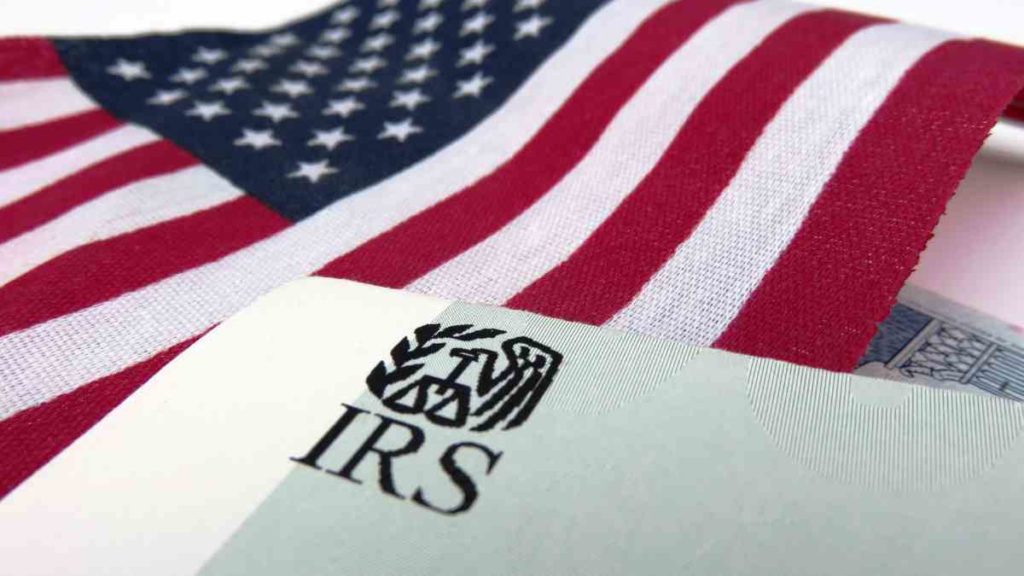The Internal Revenue Service (IRS) claims that thousands of American taxpayers have lost millions of dollars. What is more, many of them have suffered the consequences of identity theft due to tax scams. Tax scams can happen by mail, email, or telephone.
Since millions of Americans have smartphones and Internet access, they know this is a great opportunity to have more chances to steal them. In fact, the IRS says that scammers use these illegal methods to set up tax and payroll professionals, individuals, and businesses.
IRS LATEST WARNING REGARDING CYBERCRIMINALS
Apparently, scammers are using public WI-Fi to steal taxpayer’s personal information. Therefore, it is advisable to use public WI-FI only if strictly necessary. If you can avoid using bank account apps, tax accounts, and other similar websites on public Wi-Fi, it would be safer.
If you need to use public Wi-Fi because you cannot afford to pay for having Internet access, you’d better use a virtual private network says the Internal Revenue Service. This is commonly known as VPN.
The IRS insists it is always best to use a Virtual Private Network to secure remote locations. This is especially important if you are a tax professional and you are teleworking.
IRS SAYS A VPN PROVIDES
The Internal Revenue Service claims that a VPN provides taxpayers and tax professionals with an encrypted and secure tunnel to send information. Undoubtedly, it would be ideal if you have anti-virus software.
Firewalls are also of great help since they offer protection against cybercriminals. Besides, the IRS recommends having a two-factor authentication. A strong password is not always enough for taxpayers and tax professionals.
The last 2 things the IRS suggests using are backup software or services and drive encryption. Having so much sensitive client data at home can be risky. So, all the measures taken to protect it will be of great help.
